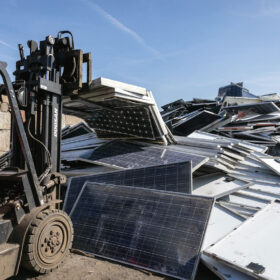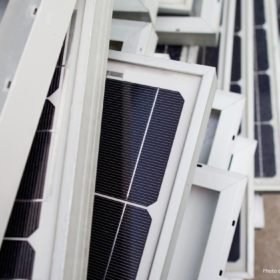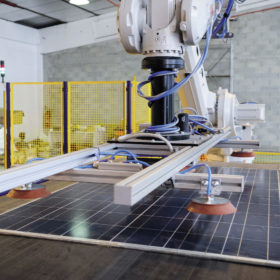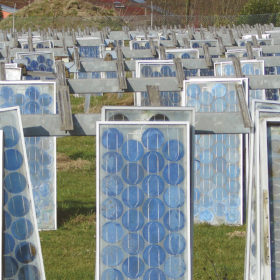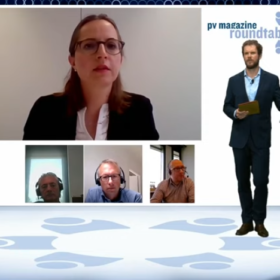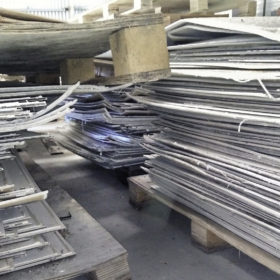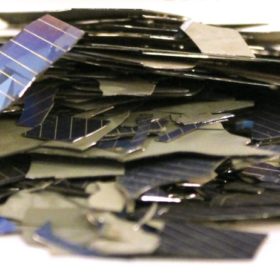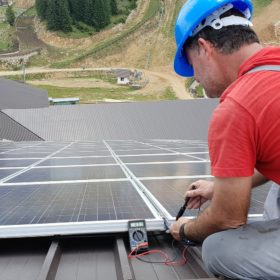Solar recycling’s glass ceiling
European industry association PV Cycle estimates a 10 MW solar site will eventually produce 700 tons of waste material. It is becoming increasingly clear that PV modules need end-of-life protocols – for the technology and material processing, and the regulatory environment.
PV Cycle recommends excluding PV panels from WEEE directive
PV Cycle has published a position paper stating that PV panels do not fit with the European Union’s Waste Electrical and Electronic Equipment (WEEE) directive. It is calling for the implementation of Extended Producer Responsibility (EPR) legislation for all renewable energy products and equipment in the European Union.
The weekend read: Circular innovations
Slowly but surely, environmental concerns are making their way into mainstream thought throughout the PV industry. A look at recycling offers an example of this, with stakeholders trying to get ahead of the high volumes of end-of-life modules already on the horizon. pv magazine examines the technologies that will be needed, alongside policy and economic support, to keep the bulk of these modules out of landfill and ultimately to establish a circular economy for PV materials.
Recycling PV panels: Why can’t we hit 100%?
In February, non-profit EU solar panel recycling body PV Cycle announced it had collected 5,000 tons of modules in France, of which 94.7% could be recycled. A reader asked us about the remaining 5.3% and here, PV Cycle’s communications manager, Bertrand Lempkowicz, responds.
pv magazine video: The pressing need for sustainability in solar
The solar industry faces many challenges in its move to become truly sustainable and that goal is imperative, rather than being simply a luxury, if the sector is to achieve terawatt scale. pv magazine’s first Sustainability Roundtable took place on June 10 and included discussion as to why sustainability matters in PV and which business, regulatory and technological approaches can be applied to achieve truly “green” solar power. A video of the event can be streamed online.
PV module recyclers aiming for high-purity material recovery
France’s National Institute for Solar Energy takes a look at the state of play in the European solar panel recycling industry.
Italian PV panels sent for recycling were instead smuggled to Syria and Africa
Illegally re-badged panels were sold on to Senegal, Burkina Faso, Nigeria, Morocco, Mauritania, Turkey and even Syria. Italian authorities found 60 tons of panels which will be examined.
More than 5,000 tons of modules collected for recycling in France
PV Cycle has said it collected more than 280,000 solar panels at the end of their lifecycle in France last year, including 200 tons from the nation’s overseas territories.
Live fast, die young: MIT study proposes use of 10-year panels
Research has found even short-lived, 10 to 15-year solar panels could provide enough return for bankable projects. The researchers believe panel costs, coupled with an industry mindset now fixed on the final solar energy price rather than costs per kilowatt installed, may open opportunities for PV products currently snubbed because of a short lifecycle.
PV waste: 28 tons collected in Panama and Senegal
The PV Cycle Association collects and recycles PV waste. Having treated more than 30,000 tons since its creation, it estimates 150,000 tons of PV modules will reach the end of their lifecycle by 2030.
